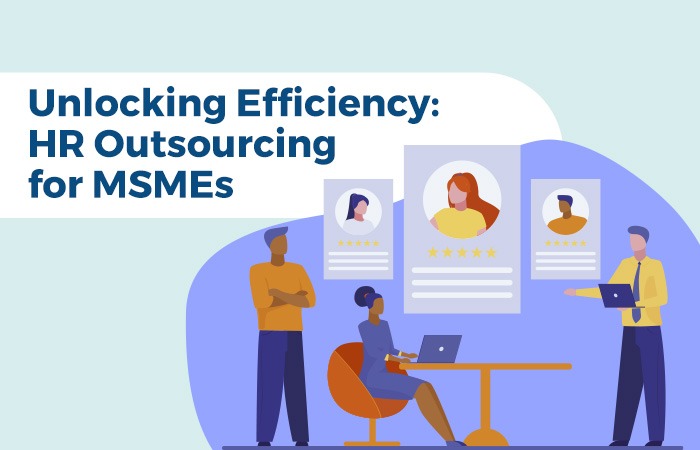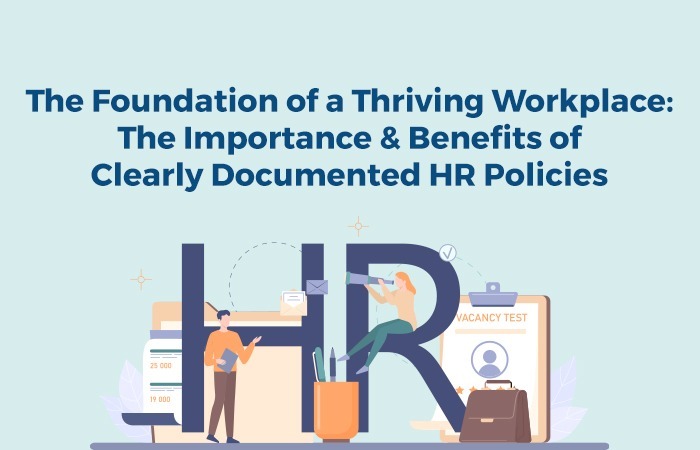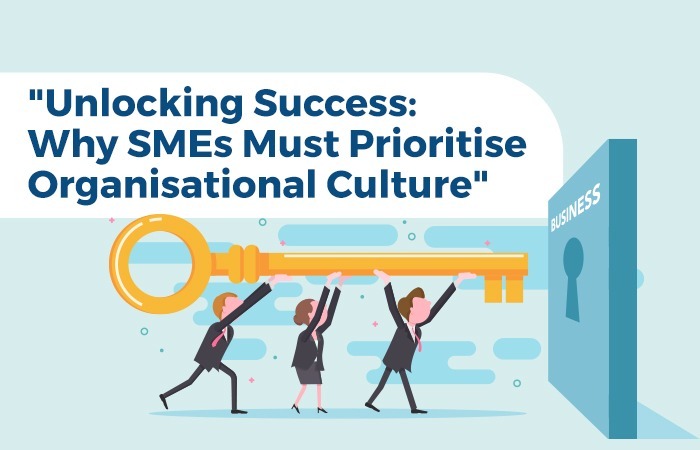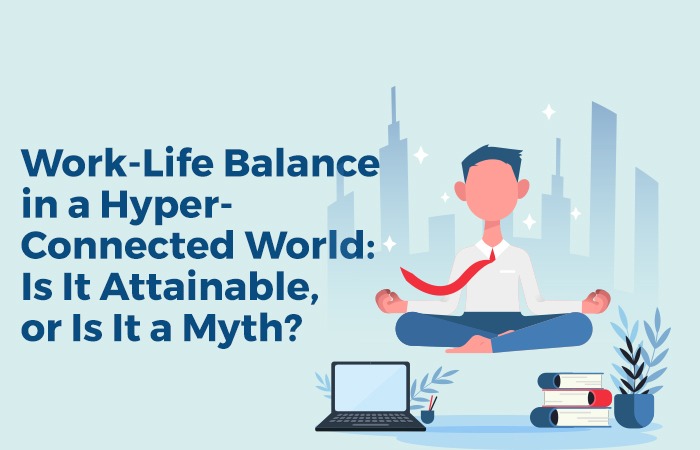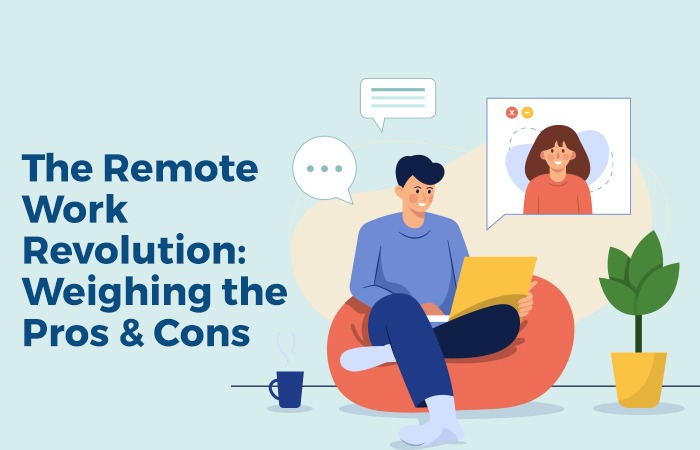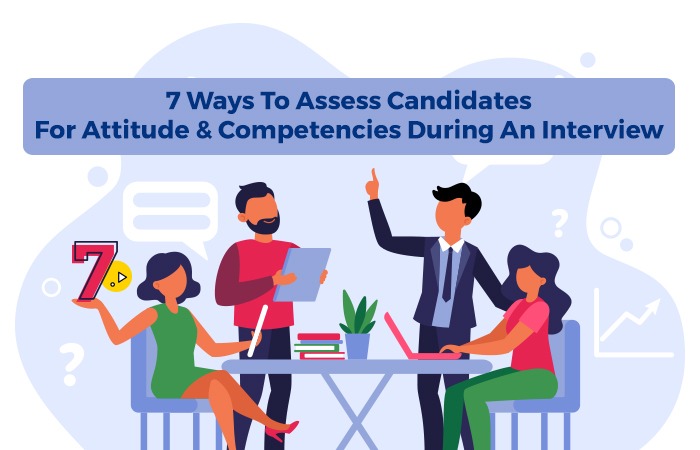Recruiting top talent is a highly competitive process, and one of the most frustrating experiences for a hiring manager is when a candidate backs out of the interview process. This can be a significant waste of time and resources for both parties. However, understanding the common reasons for candidate backouts can help hiring managers to address these issues before they occur. In this blog, we will explore some of the most common reasons why candidates back out of interviews and what you can do to prevent it from happening.
1. Lack of Communication
One of the most common reasons why candidates back out of interviews is due to a lack of communication from the hiring manager or recruiter. Candidates often become frustrated when they feel like they are being ignored or their questions are not being answered. To avoid this, make sure to set clear expectations from the beginning of the process and communicate with candidates regularly.
2. Competitive Offers
Another reason why candidates may back out of an interview is due to receiving a more competitive offer from another company. This can be discouraging for the hiring manager, but it’s important to remember that candidates are looking for the best opportunity for their career. To prevent this, make sure to offer competitive compensation and benefits packages and emphasize the unique aspects of your company culture that set you apart from competitors.
3. Scheduling Conflicts
Candidates are busy people, and scheduling conflicts can be a major reason why they back out of interviews. To avoid this, offer a range of interview times and be flexible when it comes to scheduling. If a candidate is unable to make it to an interview, offer to reschedule at a time that works for them.
4. Lack of Interest
Sometimes candidates back out of interviews because they simply lose interest in the job or the company. This can happen for a variety of reasons, but it’s often because the job description or company culture does not align with their values or career goals. To prevent this, make sure that your job descriptions are clear and accurate and emphasize the unique aspects of your company culture that set you apart from competitors.
5. Unprofessional Behaviour
Finally, candidates may back out of interviews if they encounter unprofessional behaviour from the hiring manager or recruiter. This can include anything from rude or dismissive behaviour to making inappropriate or discriminatory comments. To avoid this, make sure that all hiring managers and recruiters are trained on appropriate interview etiquette and maintain a professional demeanour at all times.
Understanding and addressing common reasons for candidate backouts can help hiring managers to build a strong candidate experience and avoid wasting valuable time and resources. By communicating clearly, offering competitive compensation and benefits packages, being flexible when it comes to scheduling, and maintaining a professional demeanour, you can create a positive interview experience that attracts top talent and sets your company apart from competitors.


